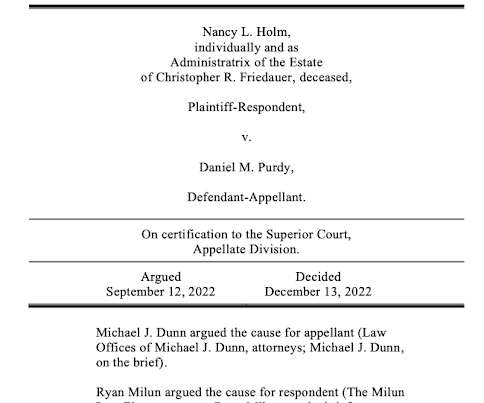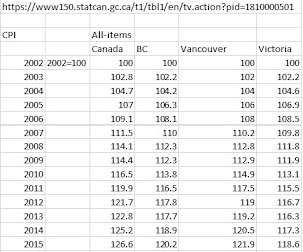Virginia Commission is not Bound by Rules of Pleading or Evidence
The Workcomp Writer
FEBRUARY 20, 2023
In a decision not designated for publication, the Court of Appeals of Virginia held that the state’s Workers’ Compensation Commission is not bound by statutory or common law rules of pleading or evidence, nor by technical rules of practice [ Jenkins v. C & T Durham Trucking Co. 0381-22-1 , 2023 Va. LEXIS 103 (Feb. 14, 2023)]. Im , 263 Va.













Let's personalize your content